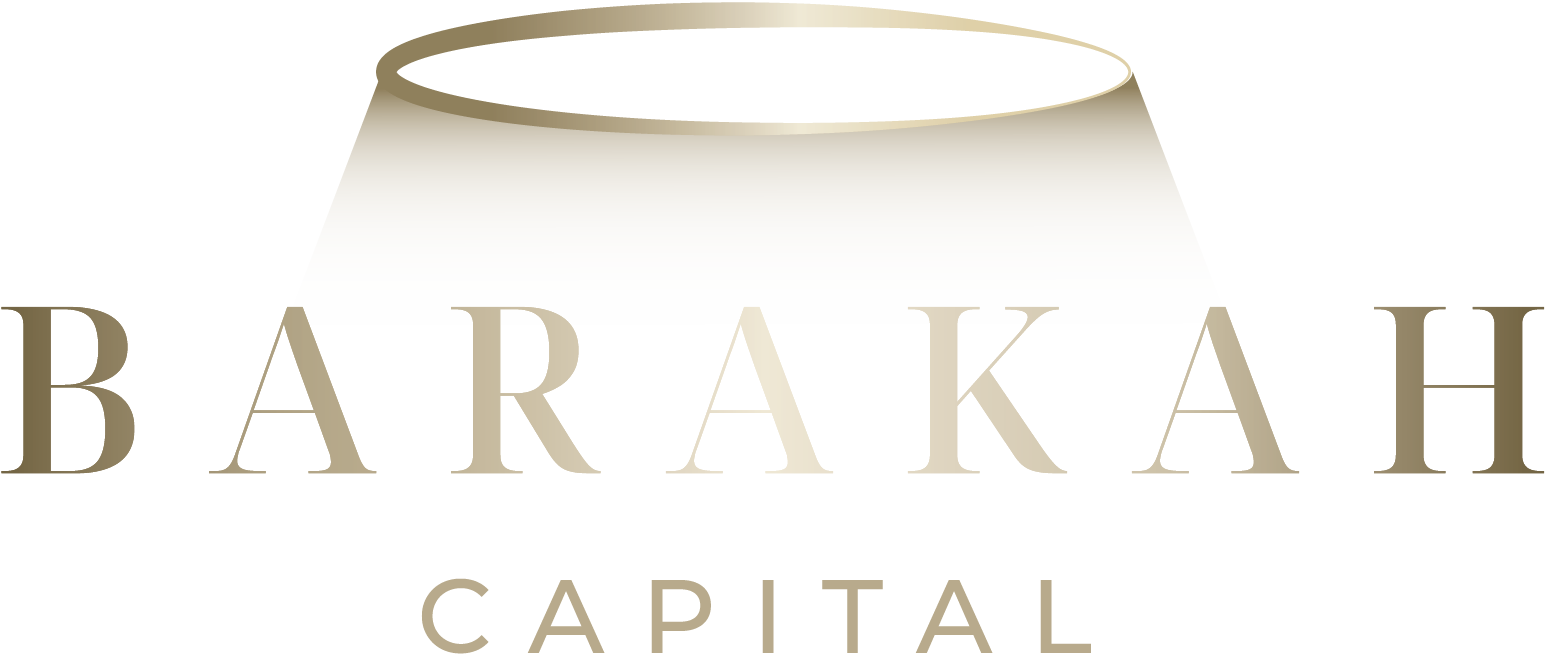In the intricate tapestry of Islamic teachings, the concepts of the evil eye and envy hold significant places, particularly in the context of wealth and prosperity. These phenomena, deeply rooted in both the Quran and Hadith, offer us a profound understanding of the spiritual dimensions affecting worldly possessions. This article explores these traditional insights, shedding light on how believers can safeguard their blessings from such unseen harms.
Understanding the Evil Eye
The Reality of the Evil Eye in Islamic Texts
The evil eye is a harmful affliction confirmed by the words of the Prophet Muhammad (peace be upon him) who said: “The evil eye is real, and if anything were to overtake the divine decree, it would be the evil of the eye.” (Sahih Muslim). This highlights the potential dangers of malevolent glares driven by jealousy or admiration without invoking blessings.
Historical Instances
One significant instance from the life of the Prophet involves Sahl bin Hunayf who was afflicted by the evil eye. Amir bin Rabia saw Sahl bathing and remarked on the beauty of his skin, causing Sahl to fall ill immediately. The Prophet (peace be upon him) was informed and asked who was suspected of giving the evil eye. Upon confirming it was Amir, he instructed Amir to perform ablution and then ordered for the water to be poured over Sahl, which resulted in his recovery (Sahih Muslim). This incident underlines the need for spiritual interventions in cases of the evil eye.
Preventive Measures Against the Evil Eye
Invocations and Supplications
Regular recitations of protective supplications and verses from the Quran, such as Ayat al-Kursi and the last three chapters—Surah Ikhlas, Surah Falaq, and Surah Nas—are advocated. These are compiled in resources like “Fortress of the Muslim,” which provides a robust list of supplications for daily protection. Make the recitation of the morning and evening supplications from Hisnul Muslim (Fortress of the Muslim) a must daily ritual recited as soon as possible after Fajr/Subuh prayer and ‘Asr prayer.
Avoiding Amulets and Seeking Proper Means
Relying on amulets or talismans for protection is explicitly discouraged in Islam, considered shirk (associating partners with Allah). The Prophet Muhammad stated, “Whoever hangs an amulet has committed Shirk.” (Sunan Abu Dawud). Instead, Muslims are encouraged to utilize prescribed supplications and legitimate preventive measures.
Recognizing Practical Efforts
Not every misfortune should be attributed to the evil eye or envy. Muslims are also urged to take practical steps in securing their health, wealth, and relationships. For instance, maintaining optimal health practices, prudent financial management, and fostering healthy relationships are all essential. This is aligned with the Hadith, “Tie your camel and then put your trust in Allah.” (Sunan al-Tirmidhi), reminding believers to undertake necessary actions while ultimately relying on divine decree.
The Concept of Hasad (Envy)
Definition and Dangers
Hasad, or envy, is defined as the desire for someone else’s blessings to be removed. The Prophet Muhammad warned: “Beware of envy, for envy devours good deeds just as fire devours wood.” (Sahih Bukhari). Furthermore, it is said, “Every possessor of a blessing is envied.” This highlights that possessing desirable qualities or wealth often makes one a target for envy. Envy is not only spiritually destructive for the envier but also poses a risk to those envied, as it fosters discontent and ingratitude towards Allah’s distribution of blessings.
Remedies and Protection
To combat envy, the Prophet encouraged Muslims to foster goodwill and make dua for others’ prosperity. Recognizing that rizq (provision) is predetermined by Allah, believers can overcome envy by wishing well for others. Additionally, the Quran teaches to seek protection from the envy of others through Surah Al-Falaq, particularly in verse 113:5, “And from the evil of the envier when he envies.”
The Role of Faith in Protecting Wealth
Trust in Divine Decree
Allah has preordained our provisions, as He states in the Quran: “And in the heaven is your provision and whatever you are promised” (Surah Adh-Dhariyat, 51:22). This verse reassures believers that all aspects of life, including wealth, are under Allah’s control and are distributed as part of His divine plan.
Tawakkul and Acceptance of Allah’s Decree
Believers are encouraged to practice tawakkul, a complete reliance on Allah, acknowledging that everything, from blessings to trials, is part of His divine plan. This form of reliance fosters a peaceful acceptance of one’s circumstances, empowering Muslims to face life’s challenges with grace and serenity.
Conclusion
Islam offers profound guidance on protecting wealth from the evil eye and envy through practical measures and spiritual practices. By adhering to these teachings, believers can safeguard their blessings while nurturing their spiritual well-being. Embracing the principles of tawakkul and recognizing the predetermined nature of our provisions helps us maintain a balanced perspective on life’s material and spiritual aspects. The reminder from Surah Adh-Dhariyat serves as a powerful affirmation of the omnipresence and omnipotence of Allah, ensuring that we remain steadfast and content with what we are granted.
Barakah Capital is committed to featuring Shariah-Approved, ethical investment projects. Some projects turn idle money into monthly passive income, freeing time for worship, fun, travel, and family. Our mission extends beyond financial gains to fostering hope and prosperity within our Ummah. With Allah’s will, we aim to grow by dedicating a significant portion of our profits to charity—starting with up to one-third and planning to increase this share as we expand. Our projects, historically yielding over 15% ROI on average.




